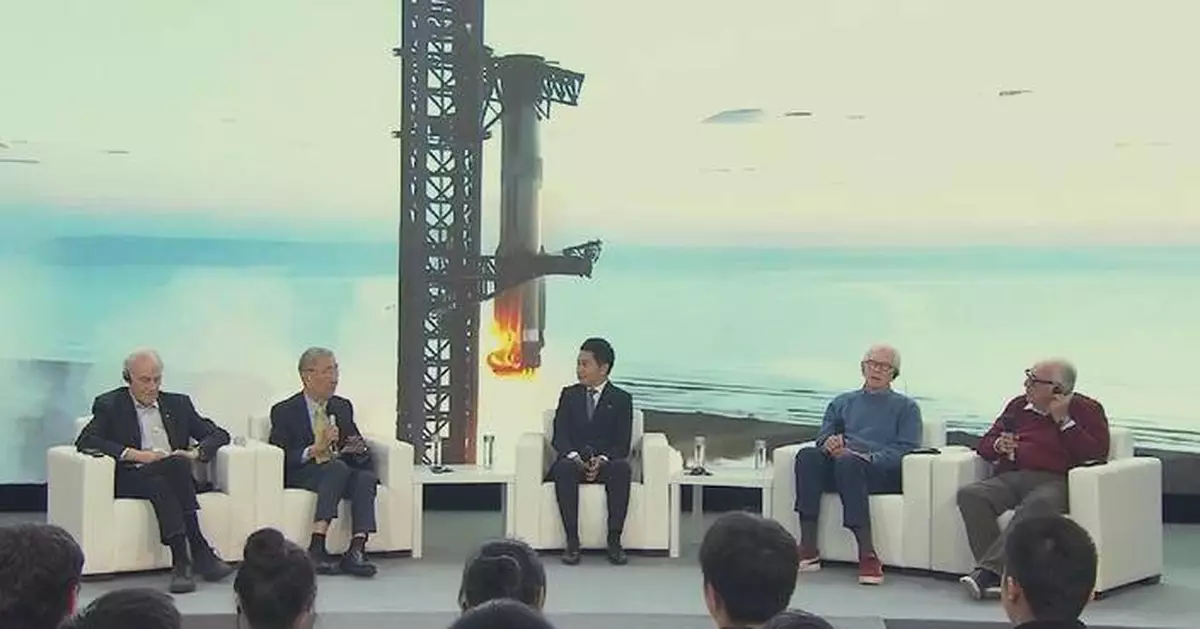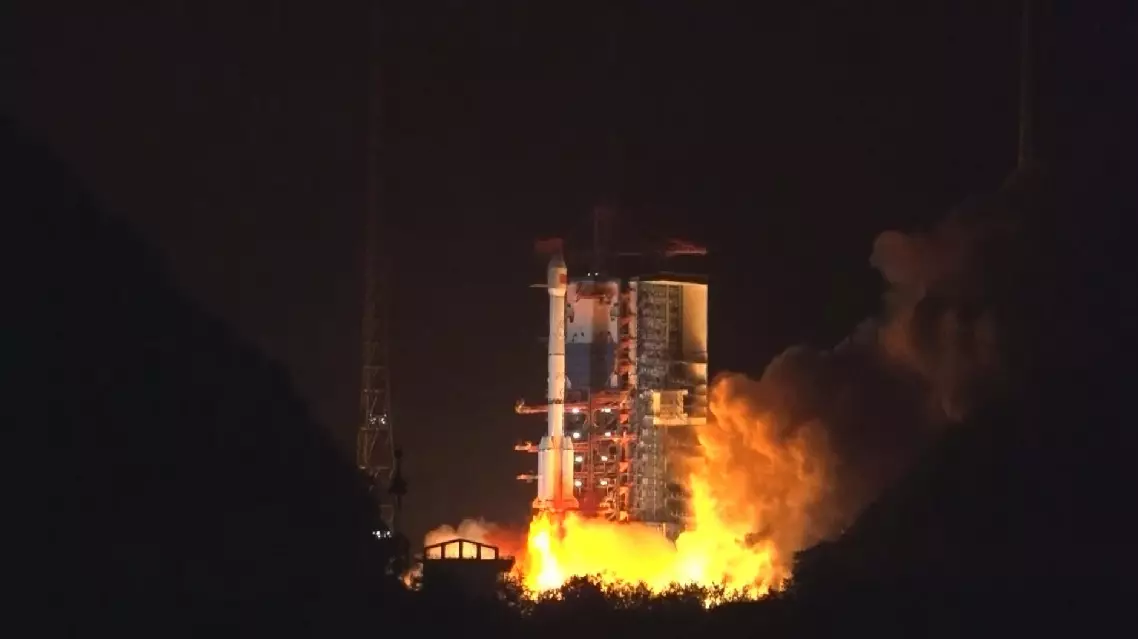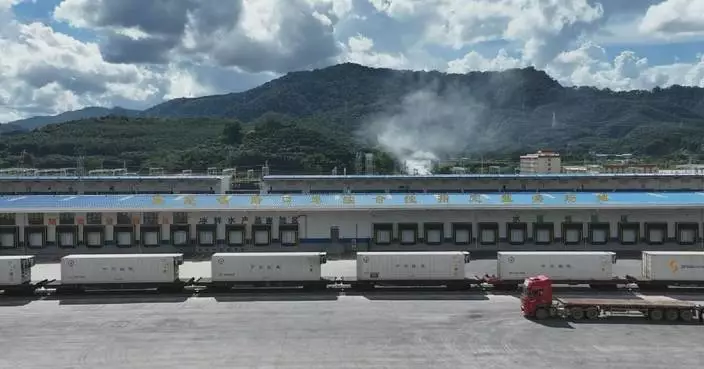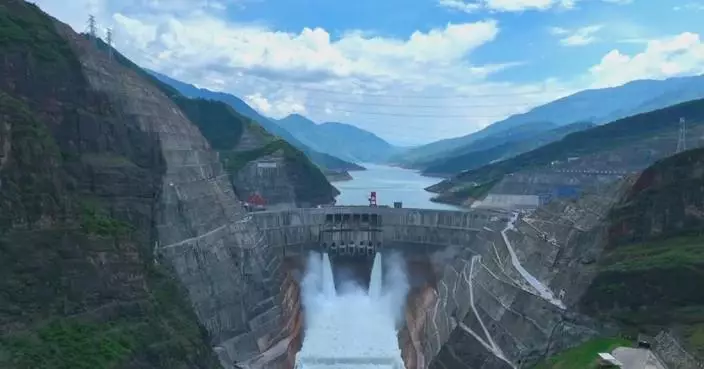Nobel laureate in Physics Samuel Chao Chung Ting recalled his memorable meeting with Tesla CEO Elon Musk, praising the entrepreneur's carefulness and his spirit of exploration for science and technology.
Samuel Ting is a world-renowned Chinese-American physicist. He received the Nobel Prize in 1976 for his pioneering work in the discovery of a new particle.
Ting shared his story with Musk during a recent television interview in Beijing, and said that Musk has shown a keen interest in the use of atomic energy in space.
"He (Elon Musk) asked a few questions when he was there. The first one was, can nuclear power get us to Mars? I showed him my experimental work, which is being rolled out in space to understand the formation of the universe. I told him we have mounted a large module consisting of 650 microprocessors in space, he asked how we protect those microprocessors from radiation in space, if there is any. I explained to him how we detect [radiation] on the ground. He paid attention to every detail," said Ting.
Ting also shared an interesting interaction between him and Musk outside the realm of science.
"When seeing him off at my office, I said: 'After answering your questions the whole afternoon, I also have a question for you simply out of curiosity. He told me to go ahead, so I asked him when he got his first bucket of gold? He said at the age of 11. This is something amazing, I don't know what he has been through but he is exceptionally gifted. Curiosity is part of human nature that generates a motivative force pushing us forward. What can't be done today does not mean that it can't be achieved tomorrow," said the physicist.
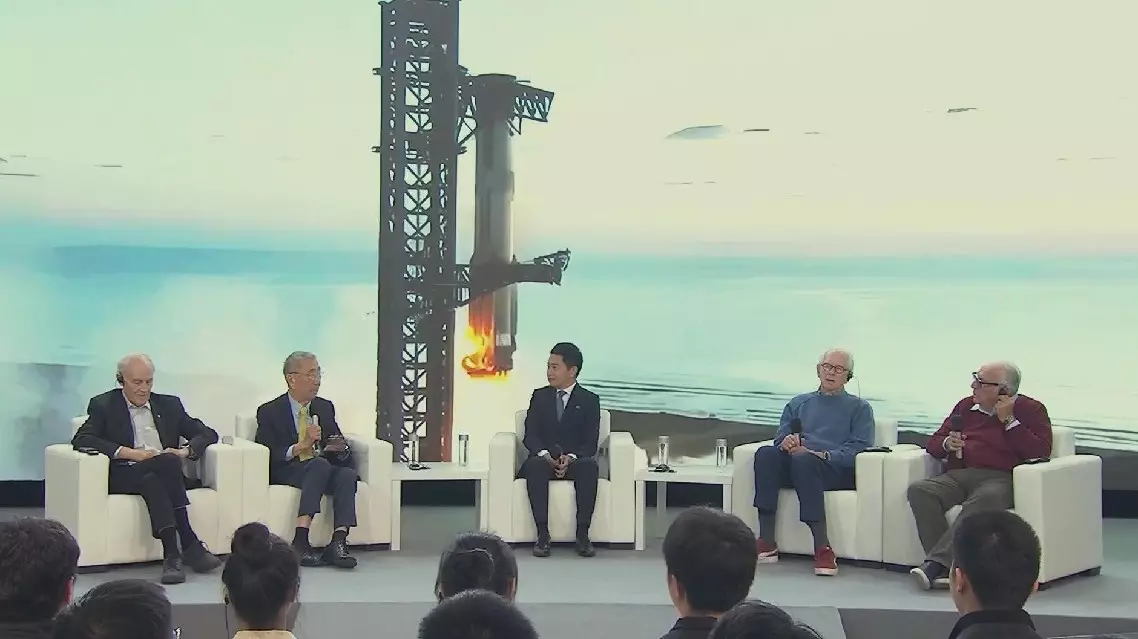
Nobel Laureate shares story of discussing future of science with Tesla CEO Musk
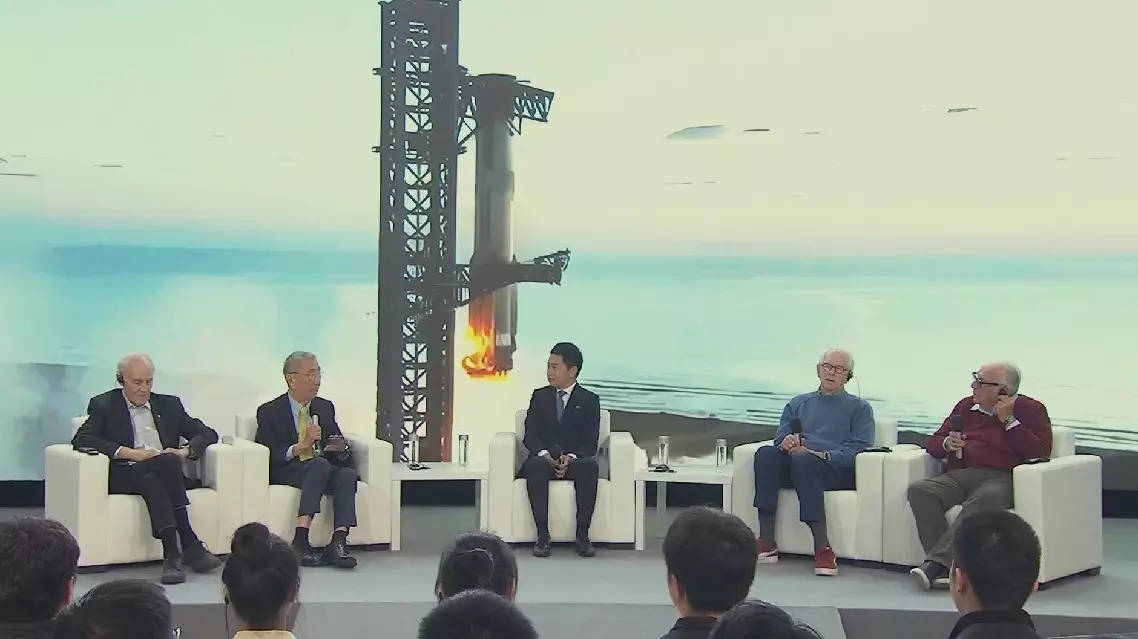
Nobel Laureate shares story of discussing future of science with Tesla CEO Musk


